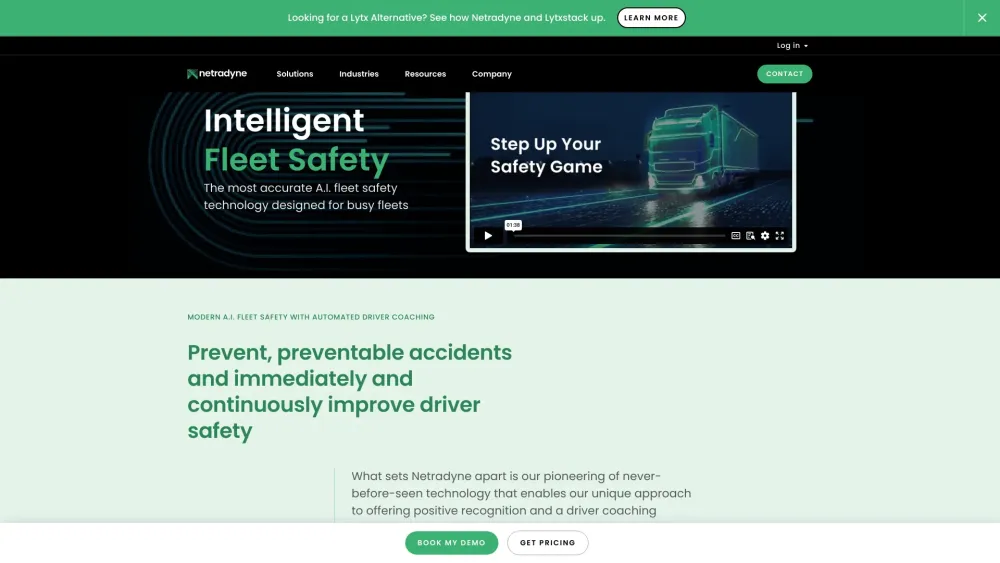Microsoft Bing is introducing an innovative “Deep Search” feature, powered by OpenAI’s GPT-4, aimed at delivering users more relevant and thorough responses to complex search queries. Importantly, Microsoft clarifies that Deep Search will not replace Bing's traditional web search; instead, it serves as an enhancement, enabling users to explore the web more deeply.
In a recent blog post, Microsoft elaborates that Deep Search leverages Bing’s existing web index and ranking system, enriching them with GPT-4’s capabilities. This AI technology interprets the search query and crafts a comprehensive description of what the results should encompass.
For example, if a user wishes to explore loyalty programs across various nations and types in the query: “how do points systems work in Japan,” Deep Search would broaden the query, generating a request that includes:
- An overview of how different loyalty card programs operate in Japan.
- Detailed descriptions of the benefits, requirements, and limitations of each program.
- Examples of popular loyalty cards from various sectors, such as convenience stores, supermarkets, and dining establishments.
- A comparison of the pros and cons of utilizing loyalty cards versus alternative payment options in Japan, along with current rewards and benefits.
- Information on the most popular services and participating merchants.
This expanded description allows for a clearer expression of intent compared to a simple query.
In cases where the original search query may be ambiguous, Deep Search identifies potential interpretations and generates a detailed description for each. These various intents are then surfaced, enabling users to select their desired focus.
Once the comprehensive description is ready, Bing utilizes it to pull relevant results that may not appear in standard search results, according to Microsoft. Deep Search identifies pages that align with the expanded query and also rewrites the original query to explore additional variations.
Using the loyalty points example again, Deep Search may also search for phrases such as “loyalty card programs in Japan,” “best loyalty cards for travelers in Japan,” “comparison of loyalty programs by category in Japan,” “redeeming loyalty cards in Japan,” and “managing loyalty points with phone apps.”
“By leveraging these variations, Deep Search uncovers results that address different facets of your query, even if they don’t contain the exact original keywords,” Microsoft noted in the blog post. “While regular Bing searches analyze millions of web pages for each query, Deep Search examines ten times that volume to deliver more informative and targeted results than those ranked higher in standard searches.”
After collecting relevant web pages, Deep Search ranks them based on their alignment with the expanded description. Factors in this ranking process include topic relevance, detail adequacy, page trustworthiness, and content freshness and popularity.
Microsoft highlights that Deep Search is an optional feature, with processing times of up to 30 seconds. Consequently, it’s not intended for every user or query. Those who prefer quicker, straightforward answers can still opt for the traditional Bing search results instantly.
With this enhancement, Microsoft Bing aims to provide more personalized answers, alongside upcoming features like support for DALL-E 3 and watermarked AI-generated images.




